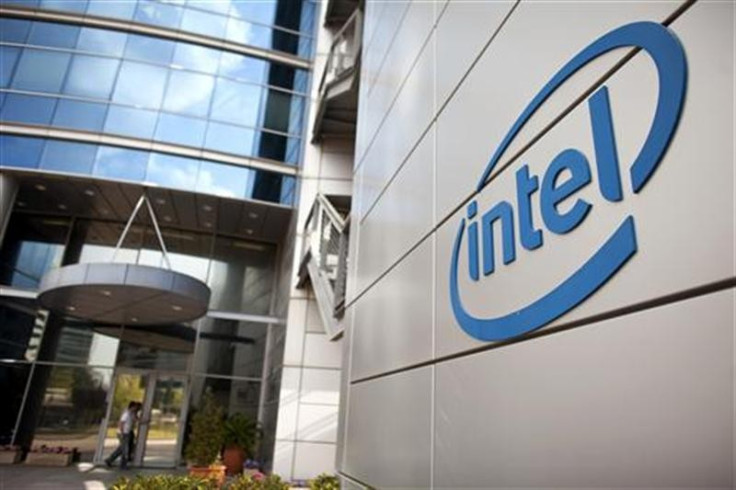Intel 'Lost Its Way' Says Embarrassed Chairman Andy Bryant
Intel chairman Andy Bryant admits how much ground the chipmaker has lost by not transitioning from desktop to mobile.

"We were in denial on tablets. It put us in a hole, and we are paying the price for that right now," Bryant told investors at a day-long investor meeting at Intel's Silicon Valley headquarters.
"I was personally embarrassed that we seemed to have lost our way."
Intel made its name, and fortune, by making chips for the personal computing market, benefiting from the explosion in PCs as they became more widely available for consumers through the 1980s and 1990s.
However in recent years, the explosion in consumer demand for mobile devices such as smartphones and tablets has seen the market for mobile chips rise exponentially.
While Intel's x86 chip designs were the standard used to power traditional desktop machines, when it comes to mobile devices, manufacturers want much lower-powered chips and it has been ARM's low-power chip designs which now control around 90% of the smartphone and tablet markets.
Relentless pursuit
Formerly head of Intel's manufacturing operations, new CEO Brian Krzanich said that his leadership going forward will be a "relentless pursuit" of Moore's Law.
The law is named for Intel co-founder Gordon Moore, and postulates that the number of transistors on integrated circuits such as microprocessors will doubled approximately every 18 months - leading to a proportional increase in performance.
During his six-month tenure as CEO, Krzanich said that Intel has already improved its chip offerings for tablet makers.
He has pledged to quadruple Intel's tablet business to 40 million units, focusing on different types of tablets, including low-end devices priced below $100, which will all be fitted with 64-bit processing power.
Scale
"We've got to have that footprint," Krzanich told investors. "We've got to have that scale."
As part of these on-going efforts, Intel's is developing two new low-power Atom chips.
The first, codenamed "Sofia", is aimed at the value end of the smartphone and tablet market and is due in the second half of 2014, while the other, codenamed "Broxton", is due out in 2015 and will be aimed at high-end devices.
The new CEO also has a new "open" strategy - from 2014 hardware makers will be allowed to choose which operating system they want on their PCs or tablets, be it Windows, Android or Chrome.
Cost reduction
This means PC vendors can ship new products without loading the operating system until just before purchase, which would give them a "cost reduction no one else can provide," said Krzanich.
Krzanich feels that while PC sales will continue to decline, it will happen at a slower rate. Global PC sales have declined for six consecutive quarters according to research by Gartner and IDC.
"Our view is that it's declining but it's beginning to show signs of stabilisation," he told investors.
Intel will also open its doors and allow any company to use its manufacturing service, including direct competitors.
"We will open the foundry to any company able to utilise our leading-edge silicon," the CEO told investors.
© Copyright IBTimes 2025. All rights reserved.





















